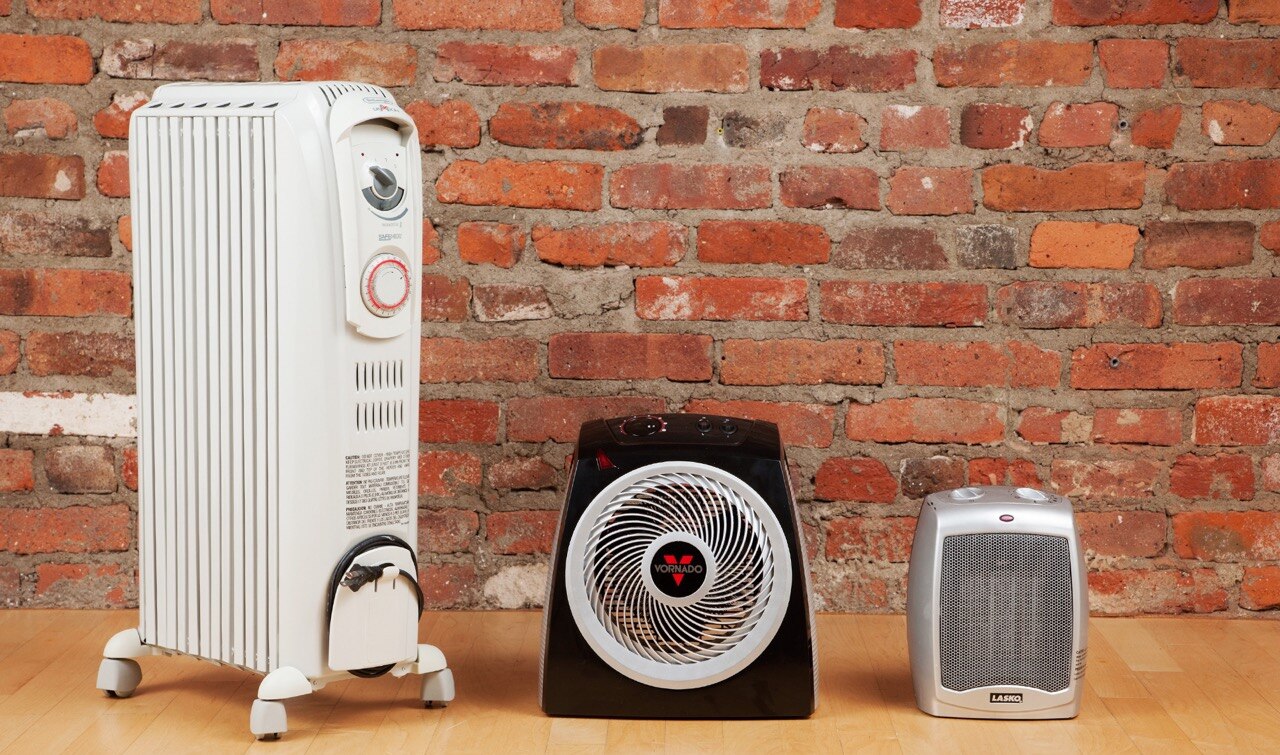

Articles
What Is A Space Heater?
Modified: January 7, 2024
Discover articles about space heaters and learn what they are and how they work. Stay warm and cozy with valuable tips and information from our experts.
(Many of the links in this article redirect to a specific reviewed product. Your purchase of these products through affiliate links helps to generate commission for Storables.com, at no extra cost. Learn more)
Introduction
A space heater is a portable heating appliance that is designed to provide localized warmth in a specific area, such as a room or a small space. It is a convenient and practical solution for heating spaces that may not have a proper heating system or for supplementing the existing heating in colder months. Space heaters come in various types and sizes, offering different heating methods and energy sources to suit different needs and preferences.
When the temperature drops and you’re looking for a quick and efficient way to warm up a room, a space heater can be a lifesaver. Whether you’re sitting in your home office, watching TV in the living room, or working in a chilly garage, a space heater can provide instant heat and help you stay comfortable. It is a versatile heating solution that can be used in residential, commercial, and even outdoor settings.
Space heaters are designed to be portable, allowing you to easily move them from one room to another or take them with you wherever you go. This makes them ideal for heating small spaces, such as bedrooms, offices, or workshops, without having to heat the entire house or building. They are also a cost-effective option, as they allow you to heat only the areas you are using, which can help save on energy costs.
In this article, we will explore the different types of space heaters available and discuss their features, benefits, and safety considerations. We will also delve into the energy efficiency of space heaters and highlight some important factors to consider when choosing and using a space heater. By the end of this article, you’ll have a better understanding of space heaters and be able to make an informed decision about which type is right for you.
Key Takeaways:
- Space heaters offer localized heating, energy efficiency, and portability, making them a cost-effective and versatile solution for providing warmth in specific areas or supplementing existing heating systems.
- Prioritizing safety, understanding energy efficiency, and choosing the right type of space heater are essential for maximizing comfort, reducing energy consumption, and creating a cozy and sustainable environment.
Read more: What Is A Gas Space Heater
Definition of a Space Heater
A space heater is a heating device that is used to warm a specific area or space, usually without the need for a central heating system. It is designed to provide localized heat and is typically portable, allowing for easy movement and placement in different rooms or locations. Space heaters are commonly used in residential settings, offices, workshops, garages, and other spaces where additional heat is desired.
The primary function of a space heater is to generate and distribute heat in a confined area, providing warmth and comfort to individuals in that space. Unlike central heating systems that heat an entire building or home, space heaters are more focused and efficient, heating only the areas that are in use.
Space heaters come in various sizes and types, each offering its own features, benefits, and heating methods. They can be powered by electricity, gas, propane, or oil, depending on the specific model and design. Electric space heaters are the most common and widely used, as they are easy to operate and do not require any additional fuel sources.
Space heaters work by using electrical energy or fuel to generate heat, which is then released into the surrounding area. They typically consist of heating elements, such as coils or ceramic discs, that produce heat when electricity passes through them. The heat is then transferred to the air and circulated through the use of a fan or natural convection.
Space heaters are equipped with various safety features to prevent overheating, tipping over, and other potential hazards. These safety features may include automatic shut-off mechanisms, temperature controls, tip-over switches, and thermal overload protection. It is important to carefully read and follow the manufacturer’s instructions regarding the safe use of a space heater to minimize the risk of accidents or fire.
Overall, a space heater is a versatile and convenient heating solution that can provide localized warmth and comfort in a cost-effective manner. Whether you need extra warmth in a bedroom, office, or any small space, a space heater can be a practical and efficient choice.
Types of Space Heaters
When it comes to space heaters, there are several different types available, each offering unique features and benefits. Understanding the different types can help you choose the right one for your specific heating needs. Let’s explore some of the most common types of space heaters:
- Electric Space Heaters: Electric space heaters are the most common and widely used type of space heaters. They are powered by electricity and work by converting electrical energy into heat. These heaters typically have heating elements, such as coils or ceramic discs, which heat up when electricity passes through them. Electric space heaters can be further categorized into different subtypes, such as fan-forced heaters, radiant heaters, and ceramic heaters.
- Gas or Propane Space Heaters: Gas or propane space heaters use natural gas, propane, or butane as their fuel source. They are often used in outdoor settings or well-ventilated indoor areas. These heaters are known for their high heat output and are suitable for heating larger spaces. They require proper ventilation to ensure the safe combustion of fuel gases.
- Oil-Filled Space Heaters: Oil-filled space heaters are electric heaters that use an enclosed reservoir of oil to generate heat. The oil is heated by an electric heating element, and the heat is then radiated from the oil-filled fins. These heaters are known for their ability to provide a consistent, long-lasting heat even after the heating element has been turned off. Oil-filled space heaters are a good option for those seeking a heater that maintains heat for an extended period.
- Infrared Space Heaters: Infrared space heaters use infrared radiation to heat objects and people directly, rather than heating the air. They emit infrared rays that transfer heat to nearby objects, which then radiate warmth into the surrounding space. Infrared heaters are known for their ability to deliver instant, focused heat and are often used in outdoor settings, workshops, or garages.
- Portable vs. Fixed Space Heaters: Space heaters can also be categorized based on their mobility. Portable space heaters are designed to be compact and lightweight, making them easy to move and transport. They are ideal for heating different rooms or areas as needed. On the other hand, fixed space heaters, such as wall-mounted or baseboard heaters, are permanently installed and provide consistent heat to a specific area. Fixed heaters are more suitable for long-term heating needs in a specific location.
Each type of space heater has its own advantages and considerations. When choosing a space heater, consider factors such as heating capacity, energy efficiency, safety features, and compatibility with your specific heating needs and preferences. It is also important to carefully read and follow the manufacturer’s instructions for safe and efficient use of the chosen space heater.
Electric Space Heaters
Electric space heaters are among the most popular and widely used types of space heaters. They are known for their convenience, ease of use, and versatility. Electric space heaters work by converting electrical energy into heat, providing a reliable and efficient heating solution for a variety of spaces. Let’s take a closer look at the different subtypes of electric space heaters:
- Fan-forced Heaters: Fan-forced heaters, also known as forced-air heaters, use a fan to distribute heat throughout the room. These heaters have a heating element that warms up the air, and the fan blows the heated air into the space, creating a warm and comfortable environment. Fan-forced heaters provide quick and even heat distribution, making them ideal for larger rooms or areas that need to be heated rapidly.
- Radiant Heaters: Radiant heaters work by emitting infrared radiation, which directly heats the objects and people in their line of sight. Unlike fan-forced heaters that heat the air, radiant heaters heat objects and surfaces, providing immediate warmth. These heaters are particularly useful in drafty rooms or areas where rapid heating is required. They are also suitable for outdoor use since they do not rely on air circulation.
- Ceramic Heaters: Ceramic heaters are a popular type of electric space heater that uses ceramic heating elements. These heaters have ceramic plates or coils that heat up when electricity passes through them. The heat is then transferred to metal baffles, which distribute the warm air into the room. Ceramic heaters are efficient, durable, and provide consistent heat. They are also known for their safety features, such as overheat protection and cool-touch exteriors.
Electric space heaters offer several advantages. They are easy to use, as they typically come with simple controls and adjustable settings to customize the heat output according to your preferences. They also provide instant heat, allowing you to warm up a room quickly. Electric space heaters are portable, compact, and lightweight, making them easy to move from one room to another or to transport when needed.
However, it is important to consider safety precautions when using electric space heaters. Always ensure that the heater is placed on a flat, stable surface to prevent tipping. Keep flammable materials away from the heater and never leave it unattended. Most electric space heaters come with safety features like automatic shut-off switches and tip-over protection, which should be utilized to minimize the risk of accidents or fire.
When choosing an electric space heater, consider factors such as heating capacity, energy efficiency, and additional features like a programmable thermostat or remote control. Reading reviews and comparing different models can help you make an informed decision that suits your heating needs and preferences.
Overall, electric space heaters are a reliable and convenient heating option for various spaces. Whether you need to warm up a small room or a larger area, there is likely an electric space heater that can meet your requirements and provide you with the comfort and warmth you need during colder months.
Gas or Propane Space Heaters
Gas or propane space heaters are a type of space heater that utilize natural gas, propane, or butane as their fuel source to generate heat. These heaters are commonly used in outdoor settings, well-ventilated indoor areas, and places where there may not be access to electricity. Let’s take a closer look at the features and benefits of gas or propane space heaters:
High Heat Output: Gas or propane space heaters are known for their high heat output. They can generate a significant amount of heat, making them suitable for heating larger spaces or areas that require a quick and substantial increase in temperature. The heat produced by these heaters can provide warmth even in extremely cold conditions.
Portability: Gas or propane space heaters are designed to be portable, allowing for easy movement and placement in different locations. They typically come with handles or wheels that make them convenient to transport. This portability makes them ideal for outdoor activities, construction sites, workshops, garages, and other areas where a temporary heat source is required.
No Electricity Required: One of the major advantages of gas or propane space heaters is that they do not rely on electricity. This means they can be used in remote locations or during power outages when other heating options may not be available. The fuel source, whether natural gas or propane, provides the heat directly, making these heaters reliable and independent of electrical power.
Ventilation: It is important to note that gas or propane space heaters require proper ventilation. The combustion process that occurs in these heaters produces carbon monoxide, which is a colorless and odorless gas that can be harmful or even fatal in high concentrations. To ensure safety, these heaters should only be used in well-ventilated areas or with the adequate ventilation systems provided by the manufacturer.
Outdoor Usage: Gas or propane space heaters are commonly used outdoors, especially during camping trips, outdoor events, or patio gatherings. They can provide warmth and extend the time spent outdoors even on chilly evenings. However, it is crucial to follow safety guidelines and ensure proper ventilation when using these heaters in outdoor settings.
Safety Considerations: When using gas or propane space heaters, it is important to exercise caution and follow safety precautions. Proper ventilation is essential to avoid the buildup of carbon monoxide. Additionally, it is crucial to use these heaters in well-ventilated areas, keep flammable materials away from the heater, and never leave it unattended. Always read and follow the manufacturer’s instructions for safe and proper operation.
Gas or propane space heaters provide a powerful and reliable heating solution for various applications. Whether you need to heat a large outdoor space or provide temporary warmth in remote areas, these heaters offer convenience and independence from electrical power. However, it is essential to prioritize safety and use these heaters in well-ventilated spaces to ensure the safe and efficient operation of the heater.
Read more: What Is A Radiant Space Heater
Oil-Filled Space Heaters
Oil-filled space heaters are a type of electric space heater that use an enclosed reservoir of oil to generate heat. These heaters are known for their ability to provide long-lasting and consistent warmth even after the heating element has been turned off. Let’s explore the features and benefits of oil-filled space heaters:
Efficient and Even Heat Distribution: Oil-filled space heaters utilize the principle of convection heating to distribute heat evenly throughout the room. The oil inside the heater is heated by an electric heating element, and the heat is then radiated from the fins or radiator panels of the heater. This method ensures a steady flow of warm air, creating a comfortable and cozy environment.
Quieter Operation: Oil-filled space heaters are known for their quiet operation. Unlike fan-forced heaters that rely on a fan to circulate heated air, oil-filled heaters don’t have a fan. This makes them an excellent choice for bedrooms, offices, or any space where you desire minimal noise disruption.
Long-lasting Heat: One of the significant advantages of oil-filled space heaters is their ability to provide heat even after being turned off. The oil inside the heater retains heat for a long duration, allowing the heater to continue radiating warmth into the room. This feature makes oil-filled heaters an energy-efficient option, as they help maintain a comfortable temperature without constantly running the heating element.
Safe to Touch: Oil-filled space heaters are designed to have a low surface temperature, making them safe to touch. The outer casing of the heater remains cool, even when it is generating heat. This feature is particularly important for households with children or pets, as it reduces the risk of accidental burns.
No Need for Oil Refills: Despite their name, oil-filled space heaters do not require the oil to be refilled or replaced. The oil is sealed within the heater, and it serves as the conductor of heat. As a result, there is no need for maintenance or the hassle of refilling the oil, which adds to the convenience of using these heaters.
Energy Efficiency: Oil-filled space heaters are generally considered to be energy-efficient. They utilize the stored heat in the oil to continue radiating warmth, which helps reduce energy consumption. Additionally, many models of oil-filled space heaters come with built-in thermostats or timers, allowing you to control and optimize their energy usage.
While oil-filled space heaters offer numerous advantages, it is essential to consider some limitations. These heaters tend to have a slower warm-up time compared to other types of heaters. Additionally, their size and weight may make them less portable than other space heater options. However, their efficiency, long-lasting heat, and quiet operation make them an attractive choice for heating bedrooms, living rooms, or other frequently occupied spaces.
As with any space heater, it is important to follow safety guidelines when using an oil-filled space heater. Maintain a safe distance from combustible materials, ensure proper ventilation, and never leave the heater unattended. By following these precautions, you can enjoy the warmth and comfort provided by an oil-filled space heater with peace of mind.
When using a space heater, always make sure to keep it at least three feet away from anything that can burn, such as curtains, bedding, or furniture. This will help prevent fires and keep you safe.
Infrared Space Heaters
Infrared space heaters are a type of space heater that use infrared radiation to directly heat objects and people in their line of sight, rather than heating the air. These heaters are known for their ability to provide instant and focused heat, making them a popular choice for various heating needs. Let’s explore the features and benefits of infrared space heaters:
Direct and Instant Heat: Infrared space heaters work by emitting infrared rays that transfer heat directly to objects and people in their path. Unlike traditional heaters that heat the air, infrared heaters provide immediate warmth without needing to warm up the surrounding air. This means that as soon as you turn on the infrared heater, you can feel the heat almost instantly.
Zoned Heating: Infrared space heaters are effective at providing zoned heating. Because they heat objects and people directly, they are ideal for heating specific areas or zones within a larger space. You can position the heater in a way that projects the infrared rays towards the specific area you want to heat, whether it’s a seating area, workspace, or any other targeted space.
Energy Efficiency: Infrared space heaters are generally considered energy efficient. Since they heat objects and people directly, there is minimal heat loss through air circulation. This focused heating method helps reduce energy consumption, making infrared heaters an economical choice for providing warmth in specific areas as opposed to heating an entire room or building.
Quiet and Odorless: Infrared space heaters operate without fans or other mechanical components, resulting in quiet operation. They do not produce any noise while generating heat, making them ideal for use in bedrooms, offices, or other areas where noise can be a distraction. Additionally, these heaters do not burn any fuel, so there is no release of odors or emissions.
Indoor and Outdoor Use: Infrared space heaters are versatile and can be used both indoors and outdoors. They are particularly popular for outdoor gatherings, patios, workshops, or garages where heat may be needed in open spaces without easily controlled airflow. Infrared heaters are effective in outdoor settings where traditional heaters may struggle to provide adequate warmth.
Safe and Easy to Use: Infrared space heaters are designed with safety in mind. They have safety features such as tip-over switches and overheating protection to ensure safe operation. In addition, their heat emission is focused on objects and people, reducing the risk of burns or accidents that can occur with direct contact of the heating element.
While infrared space heaters offer many advantages, it’s important to consider their limitations. Due to their direct heat transfer method, they are more effective in heating smaller areas or specific zones rather than heating an entire room. Additionally, since they don’t heat the air, they may not be the best option for providing overall warmth in large, poorly insulated spaces.
When using an infrared space heater, it’s essential to position it with caution, considering the line of sight and ensuring that no flammable materials are in close proximity. As with any space heater, always follow the manufacturer’s instructions and safety guidelines for proper use and operation.
Infrared space heaters offer a unique and efficient heating method by directly warming objects and people. Their ability to provide immediate and focused heat makes them a versatile option for various heating needs in both indoor and outdoor settings.
Portable vs. Fixed Space Heaters
When it comes to space heaters, they can be categorized as either portable or fixed, each offering distinct advantages and considerations. Let’s explore the differences between portable and fixed space heaters:
Portability: One of the key differences between portable and fixed space heaters is their mobility. Portable space heaters are designed to be easily moved from one location to another. They are typically lightweight, compact, and equipped with handles or wheels for convenient transportation. This makes them ideal for heating different rooms or areas as needed, allowing you to take the heat wherever it’s required. Fixed space heaters, on the other hand, are permanently installed in a specific location, such as mounted on a wall or placed in a fixed position. They provide consistent heat to that particular area and are not intended for easy movement.
Flexibility: Portable space heaters offer flexibility in terms of where and how they can be used. They can be easily placed in various rooms or areas depending on where heat is needed at a particular time. Portable heaters are versatile and can be utilized in different settings such as bedrooms, offices, workshops, or garages. Fixed space heaters, on the other hand, are designed for a specific location or area. Once installed, they provide localized and consistent heat to that specific space and are not easily adaptable or transferable to other areas.
Heating Capacity: In terms of heating capacity, fixed space heaters often have a higher output compared to portable ones. Fixed heaters are generally designed to provide a substantial amount of heat to a specific area, ensuring a consistent and efficient heating solution. Portable space heaters, while still capable of generating sufficient heat, are often more suitable for smaller spaces or as a supplemental heat source rather than a primary heating solution.
Aesthetic Considerations: Fixed space heaters can be integrated into the overall design and aesthetics of a room or space. For example, wall-mounted heaters can be discreetly installed and blend seamlessly with the decor. These fixed heaters can be a permanent part of the space, providing a consistent heat source without taking up additional floor space. Portable space heaters, on the other hand, have a more utilitarian design and are typically more functional than decorative in nature.
Cost and Installation: Fixed space heaters generally require professional installation, which can add to the overall cost. This includes any necessary wiring, mounting, or venting that may be required. Portable space heaters, on the other hand, do not require any special installation or additional costs. They can be simply plugged into an electrical outlet and are ready to use immediately. Portable heaters are a more affordable option and can be easily purchased and utilized without any extensive setup or installation process.
When deciding between portable and fixed space heaters, consider your specific heating needs, the size and layout of the areas you want to heat, and the level of flexibility and mobility you require. Portable space heaters offer convenience, versatility, and the ability to provide heat wherever it is needed. Fixed space heaters, on the other hand, provide a dedicated and consistent heating solution in a specific location. Ultimately, the choice between the two depends on your individual preferences, heating requirements, and the flexibility you desire.
Benefits of Using a Space Heater
Space heaters offer numerous benefits for providing warmth and comfort in various settings. Whether you’re looking to supplement your central heating system, heat a specific room, or conserve energy, space heaters can be a practical and efficient solution. Let’s explore some of the key benefits of using a space heater:
Localized Heating: One of the primary advantages of a space heater is its ability to provide localized heating. Instead of heating an entire building or home, space heaters allow you to focus the heat where it’s needed most, whether it’s a bedroom, office, or specific area in your home. This localized heating approach helps save energy and improves efficiency by avoiding the unnecessary heating of unoccupied spaces.
Energy Efficiency: Using a space heater can be more energy-efficient compared to relying solely on a central heating system. By heating only the areas you are using, you can conserve energy and potentially reduce your heating costs. Space heaters also offer the convenience of zone heating, allowing you to adjust the temperature in individual rooms or areas, rather than heating the entire house to the same temperature.
Cost-Effective Heating Solution: Space heaters can be a cost-effective alternative compared to installing or upgrading an entire central heating system. They typically have a lower upfront cost and require minimal installation or setup. Additionally, using a space heater allows you to avoid the expenses associated with heating unused or rarely occupied spaces.
Portability and Versatility: Many space heaters are portable and lightweight, making them easy to move from one room to another or to take with you wherever you go. This portability provides flexibility and convenience, allowing you to use the heater in various locations, such as your living room, bedroom, office, or even outdoor spaces like garages or patios. It ensures that you can have instant heat wherever it’s needed most.
Quick and Instant Heat: Space heaters provide quick and instant heat, allowing you to warm up a room or area rapidly. Unlike central heating systems that may take time to reach the desired temperature, space heaters can provide immediate warmth. This is particularly useful when you need heat for a short period or want to warm up a specific space quickly.
Customizable Heating Settings: Many space heaters come with adjustable settings, allowing you to customize the heat output according to your preferences. You can control the temperature, select different heating modes, or even set timers for automatic shut-off. This flexibility helps create a personalized and comfortable heating experience.
Supplemental Heating: Space heaters can serve as a supplemental heat source, providing extra warmth in combination with your existing heating system. During colder months, you may find that certain rooms or areas of your home are colder than others. A space heater can help you target those areas to ensure comfortable temperatures throughout your living space.
Emergency Heating: In the event of a power outage or heating system failure, a space heater can serve as an emergency heat source. They are often powered by electricity and can be a temporary solution to maintain warmth until power is restored or repairs are made. It’s important to always follow safety guidelines when using a space heater during emergency situations.
While space heaters offer several benefits, it is important to use them responsibly and follow safety guidelines. Ensure proper ventilation, keep flammable materials away from the heater, and never leave it unattended. Additionally, choosing a space heater with safety features such as tip-over protection and overheat shut-off can provide added peace of mind.
Whether you need supplemental heat, energy-efficient heating, or quick warmth in a specific area, a space heater can be a versatile and cost-effective solution. By providing personalized and localized heat, space heaters offer comfort and convenience while helping you manage your energy usage and reduce heating costs.
Read more: What Is An Oil Filled Space Heater
Safety Considerations for Space Heaters
While space heaters can provide warmth and comfort, it’s important to prioritize safety when using them. The improper use of space heaters can lead to accidents, fires, or other hazards. By following a few essential safety guidelines, you can minimize the risks and ensure safe and efficient operation. Here are some important safety considerations for space heaters:
Choose the Right Heater: Select a space heater that suits your specific needs and requirements. Look for models that have safety certifications from reputable organizations such as UL (Underwriters Laboratories) or CSA (Canadian Standards Association). Consider the size of the space you want to heat, the heating capacity of the heater, and any additional features that promote safety, such as tip-over switches or overheat protection.
Proper Placement: Carefully position the space heater in a safe location. Keep it at least three feet away from combustible materials, such as curtains, rugs, furniture, or bedding. Ensure that there is ample space around the heater for proper airflow and to prevent any risk of overheating or ignition of nearby objects. Avoid placing the heater on unstable surfaces that can easily tip over.
Ventilation: Ensure proper ventilation when using a space heater. If you’re using a fuel-burning space heater, such as a gas or propane heater, make sure there is adequate airflow to prevent the buildup of carbon monoxide. Portable fuel-burning heaters are designed for outdoor use or well-ventilated spaces, while electric heaters do not emit carbon monoxide but still require proper ventilation to prevent the buildup of stagnant air.
Power Source: Ensure that the electrical outlet you are using is appropriate for the space heater’s power requirements. Do not overload the circuit by using multiple appliances with the same outlet. Avoid using extension cords if possible, as they can overheat and pose a fire hazard. If you must use an extension cord, ensure that it is rated for the wattage of the space heater and is in good condition.
Operate When Present: It is recommended to never leave a space heater unattended while it is operating. Always turn off the heater when you leave the room or before going to bed. If you are using a space heater in a child’s room, consider using one with a guard around the heating element, or use a heater with cool-touch exteriors to minimize the risk of burns.
Maintain Clearance: Ensure that there is sufficient space around the space heater to prevent any obstructions or hazards. Avoid hanging laundry or any other objects on the heater to prevent the risk of fire. Regularly clean your space heater according to the manufacturer’s instructions to remove any dust or debris that can accumulate and interfere with its efficiency or safety.
Keep Children and Pets Away: Keep children and pets away from space heaters. They may accidentally touch or knock over the heater, which can lead to burns or other injuries. Consider using space heaters with safety features such as automatic shut-off, tip-over switches, or cool-touch exteriors for added protection.
Read and Follow Instructions: It is essential to thoroughly read and understand the manufacturer’s instructions before operating a space heater. Follow their guidelines on installation, usage, and maintenance to ensure safe and proper operation. Pay attention to any specific safety precautions or recommendations provided by the manufacturer.
By adhering to these safety considerations, you can enjoy the warmth and convenience of a space heater while minimizing the risks associated with their use. Regularly inspect your space heater for any signs of damage, and discontinue use if you notice any issues. Remember that safety should always be a top priority when using any heating appliance in your home or workspace.
Energy Efficiency of Space Heaters
Energy efficiency is a crucial factor to consider when evaluating the effectiveness and cost-effectiveness of space heaters. Understanding the energy efficiency of different types of space heaters can help you make informed decisions and maximize energy savings. Here are some key considerations regarding the energy efficiency of space heaters:
Heating Capacity: The heating capacity of a space heater is a critical factor in its energy efficiency. It’s important to choose a heater that is appropriately sized for the space you intend to heat. An undersized heater will have to work harder and consume more energy to meet the desired temperature, while an oversized heater may waste energy by overheating the space. Look for space heaters with recommended heating capacities that match your specific needs, such as wattage or BTU (British Thermal Units).
Energy Source: The energy source used by a space heater plays a significant role in its energy efficiency. Electric space heaters are generally considered more energy-efficient compared to those that rely on combustion, such as gas or propane heaters. Electric heaters convert almost all their electrical energy into heat, while combustion-based heaters may have some energy loss during the combustion process. When using an electric space heater, consider models with energy-saving features such as adjustable thermostats or timers to optimize energy consumption.
Zoned Heating: One of the benefits of space heaters is their ability to provide zoned heating. Instead of heating an entire building or home, space heaters allow you to focus the heat where it’s needed most. By only heating the occupied spaces, you can save energy and reduce heating costs. You have the flexibility to adjust the temperature in individual rooms or areas, tailoring the heating to your specific comfort requirements and avoiding energy waste in unoccupied spaces.
Smart Features: Some space heaters come equipped with smart features that enhance energy efficiency. These features can include programmable thermostats, which allow you to set desired temperatures and schedule operation times. With this capability, you can optimize energy usage by adjusting the heater’s settings based on when you are in the room or need heat the most. Some smart heaters can also learn your heating preferences over time and automatically adjust settings accordingly.
Insulation and Weatherization: To ensure the energy efficiency of a space heater, it is crucial to address the insulation and weatherization of the space you are heating. Proper insulation and weatherstripping of windows and doors reduce heat loss and improve the overall energy efficiency of the room. These measures minimize the strain on the space heater and allow it to operate more efficiently.
Controlled Usage: Controlling the usage of space heaters is crucial for optimizing energy efficiency. To avoid unnecessary energy consumption, only use space heaters when needed and turn them off when the desired temperature is reached or when the space is unoccupied. It is recommended to use a space heater in conjunction with a programmable thermostat to maintain consistent temperatures and avoid excess energy usage.
Maintenance: Regular maintenance of your space heater is essential for ensuring its energy efficiency. Keep the unit clean by removing any dust or debris that may hinder its operation. Clean filters and vents allow for proper airflow and efficient heat transfer. Additionally, inspect the space heater for any signs of wear or damage and address any issues promptly to prevent energy inefficiencies.
Remember that while space heaters can offer energy-efficient heating options, it’s important to choose and use them responsibly for optimal energy savings. Assess your heating needs, evaluate the energy efficiency ratings of different models, and consider any additional features that promote energy optimization. By practicing smart usage and maintaining your space heater properly, you can reduce energy consumption, lower heating costs, and contribute to a more sustainable and energy-efficient home or workspace.
Conclusion
Space heaters provide a convenient and versatile solution for heating specific areas or supplementing existing heating systems. Whether you need to warm up a small room, create a cozy environment, or conserve energy, space heaters offer various benefits and options to meet your heating needs. Throughout this article, we have explored the different types of space heaters, including electric, gas or propane, oil-filled, and infrared heaters.
Electric space heaters, such as fan-forced, radiant, and ceramic heaters, are widely used due to their ease of use, portability, and customizable heating options. Gas or propane space heaters offer high heat output and are suitable for outdoor or well-ventilated indoor use. Oil-filled space heaters provide long-lasting and consistent heat, even after being turned off. Infrared space heaters deliver instant, focused heat and are effective at heating specific zones.
Understanding the benefits of space heaters is essential in maximizing comfort and energy savings. Space heaters offer localized heating, energy efficiency, portability, and flexibility. They can serve as cost-effective solutions, especially when used as supplemental or zoned heating options. Additionally, space heaters provide quick and instant heat, customizable settings, and can be used for both indoor and outdoor applications.
However, it is important to prioritize safety when using space heaters. Following safety precautions regarding placement, ventilation, power source, and proper usage can help prevent accidents and minimize the risks associated with space heaters. Reading and following the manufacturer’s instructions, maintaining clearance, keeping children and pets away, and practicing responsible usage are crucial for safe operation.
Lastly, understanding the energy efficiency of space heaters is essential in making informed decisions and reducing energy consumption. Factors such as heating capacity, energy source, zoned heating, smart features, insulation, controlled usage, and regular maintenance contribute to the overall energy efficiency of space heaters. By choosing energy-efficient models, using them responsibly, and optimizing their settings, you can reduce heating costs and contribute to a greener and more sustainable environment.
In conclusion, space heaters provide a practical and effective solution for providing heat in various settings. By selecting the right type of space heater, prioritizing safety, and optimizing energy efficiency, you can enjoy the warmth, comfort, and cost savings that space heaters offer. Remember to assess your needs, consider the available options, and make informed choices to find the perfect space heater that fits your requirements and promotes a cozy and energy-efficient environment.
Frequently Asked Questions about What Is A Space Heater?
Was this page helpful?
At Storables.com, we guarantee accurate and reliable information. Our content, validated by Expert Board Contributors, is crafted following stringent Editorial Policies. We're committed to providing you with well-researched, expert-backed insights for all your informational needs.
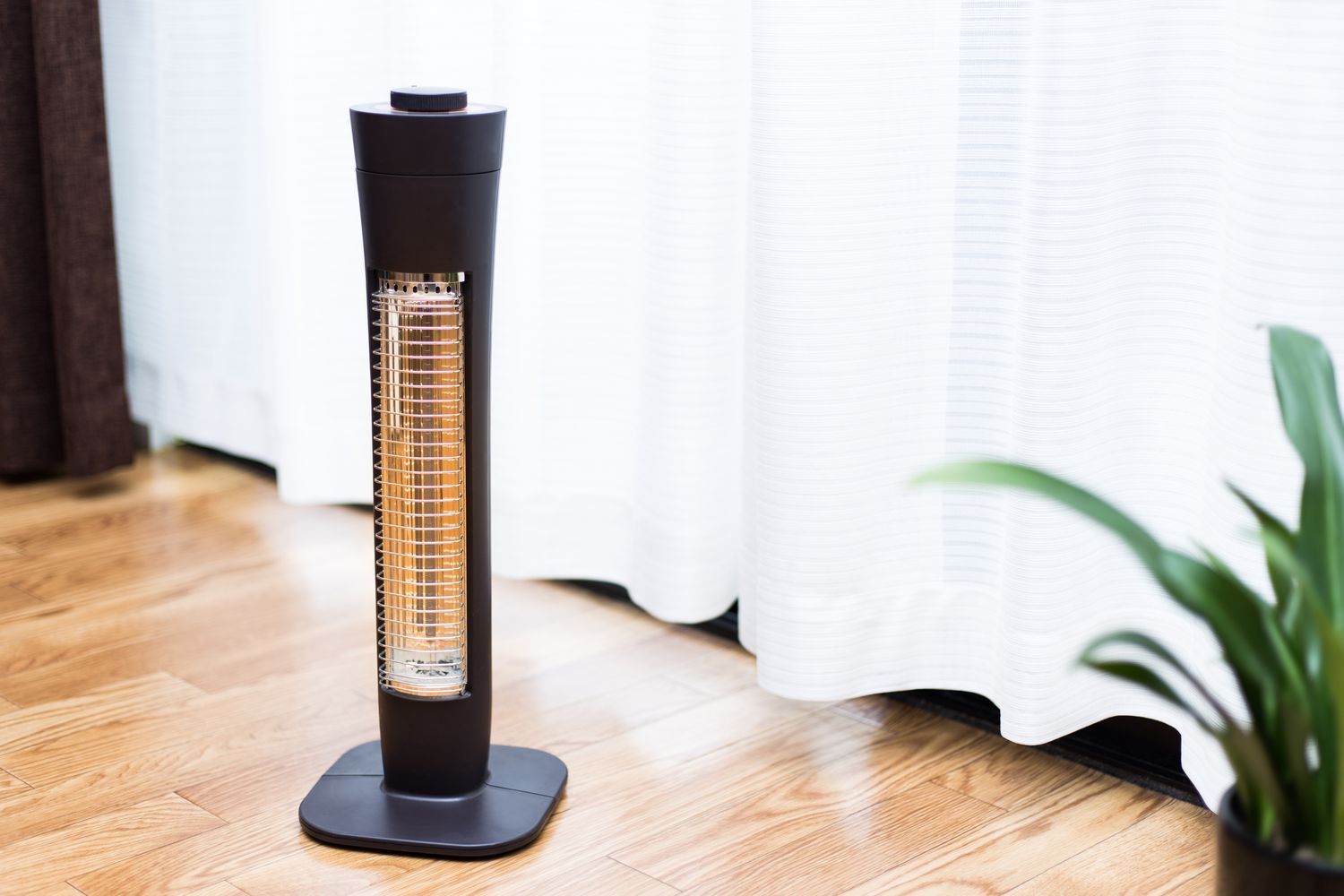
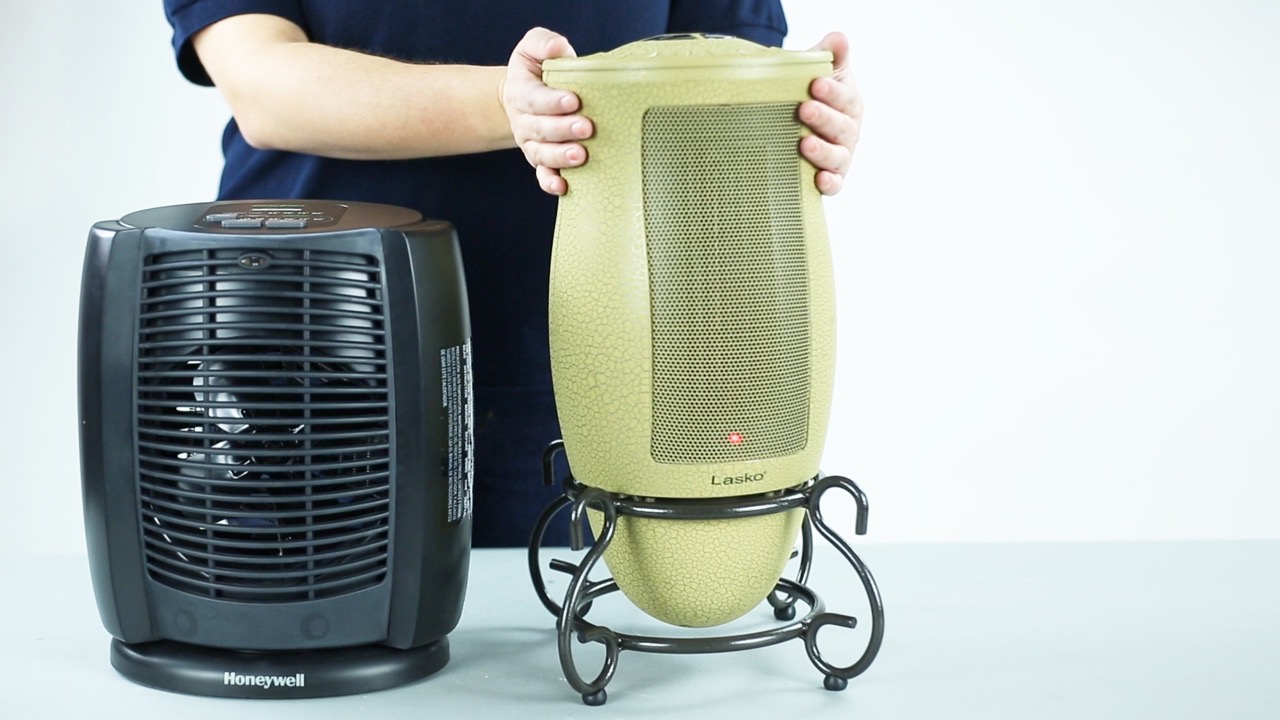
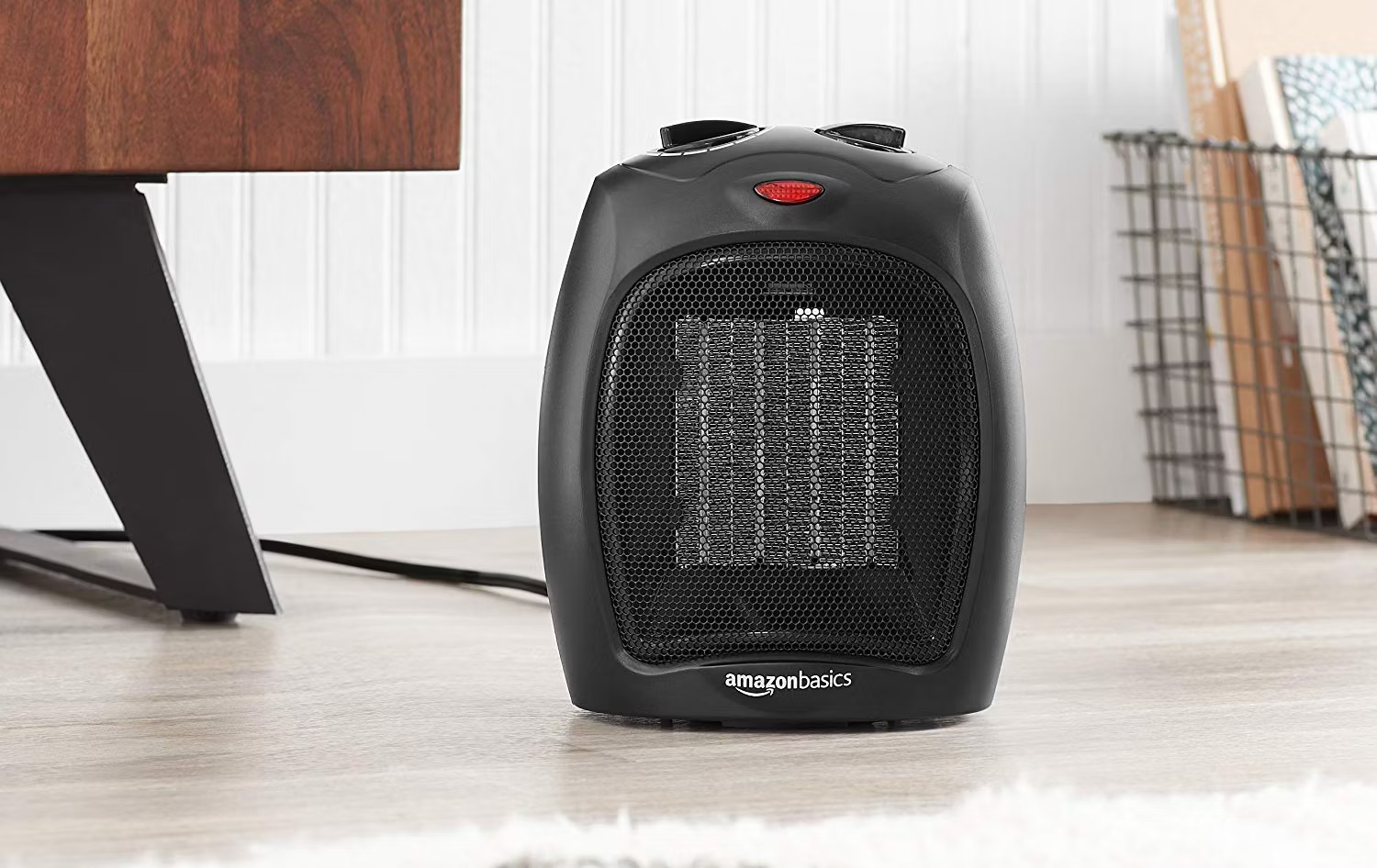
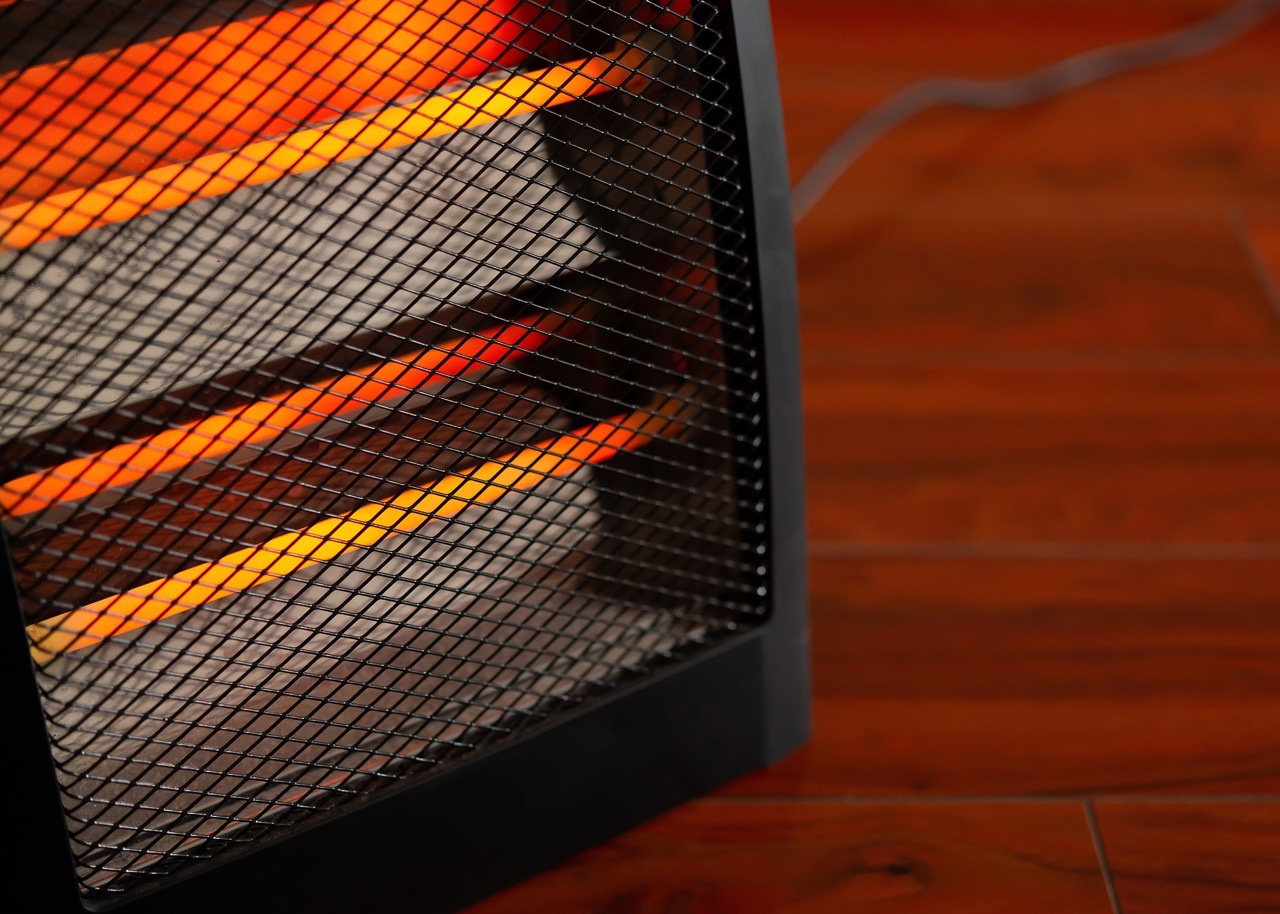

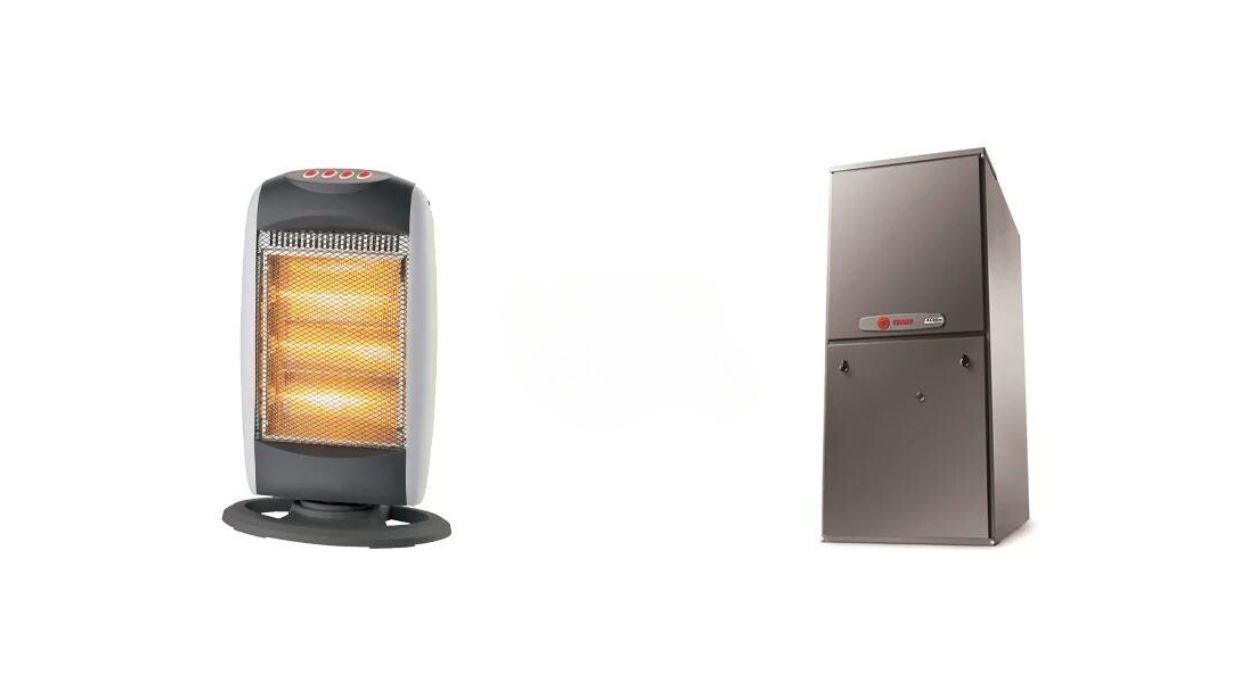
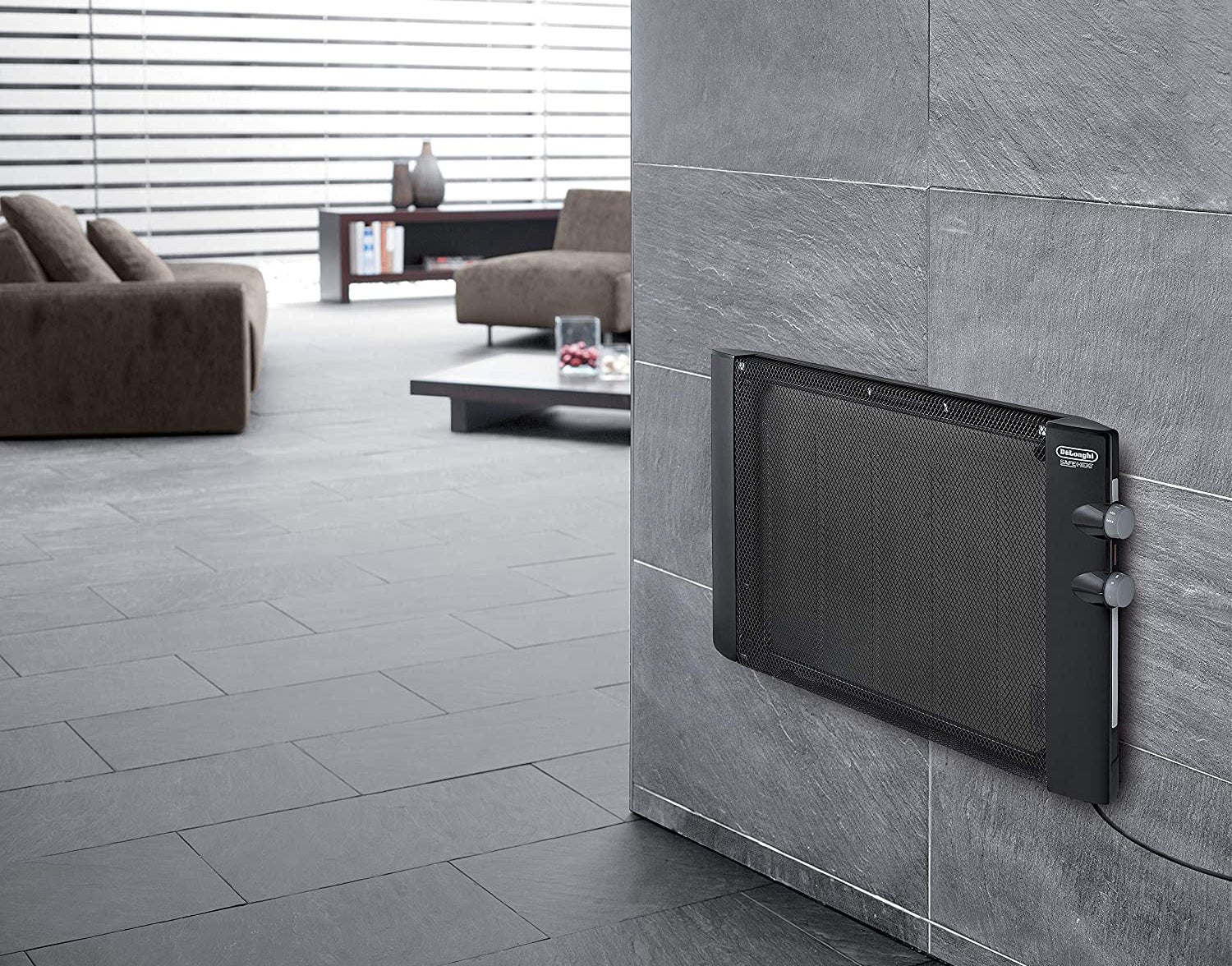
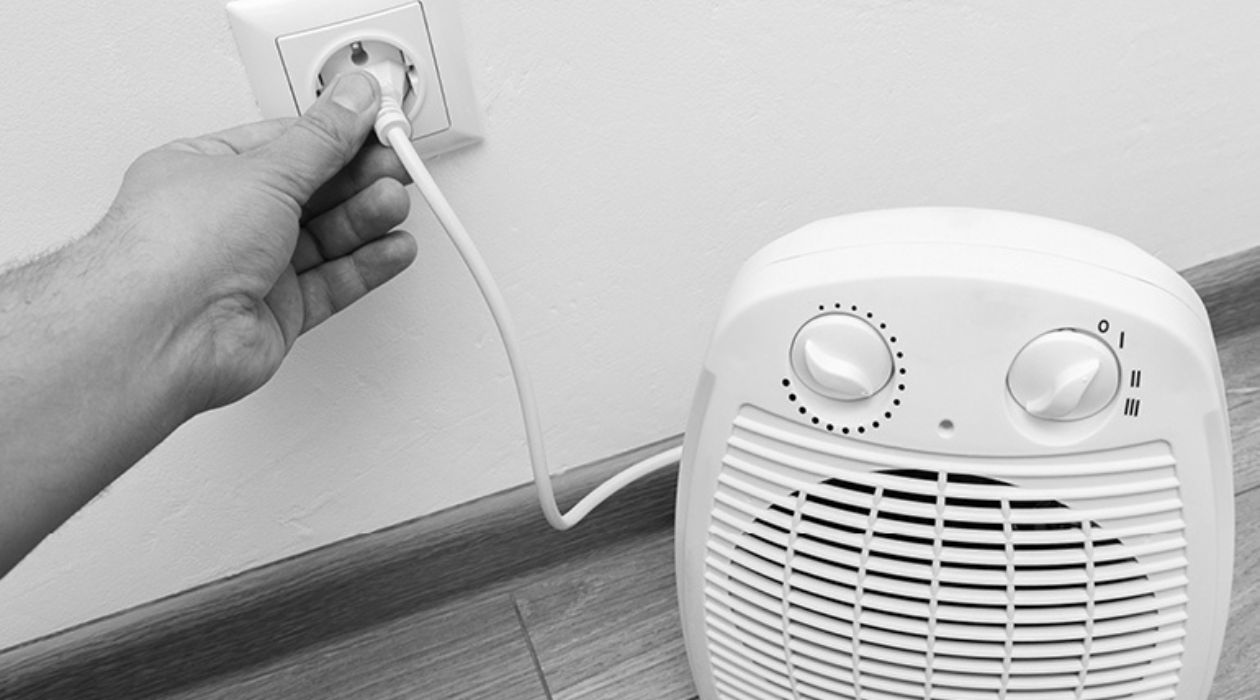
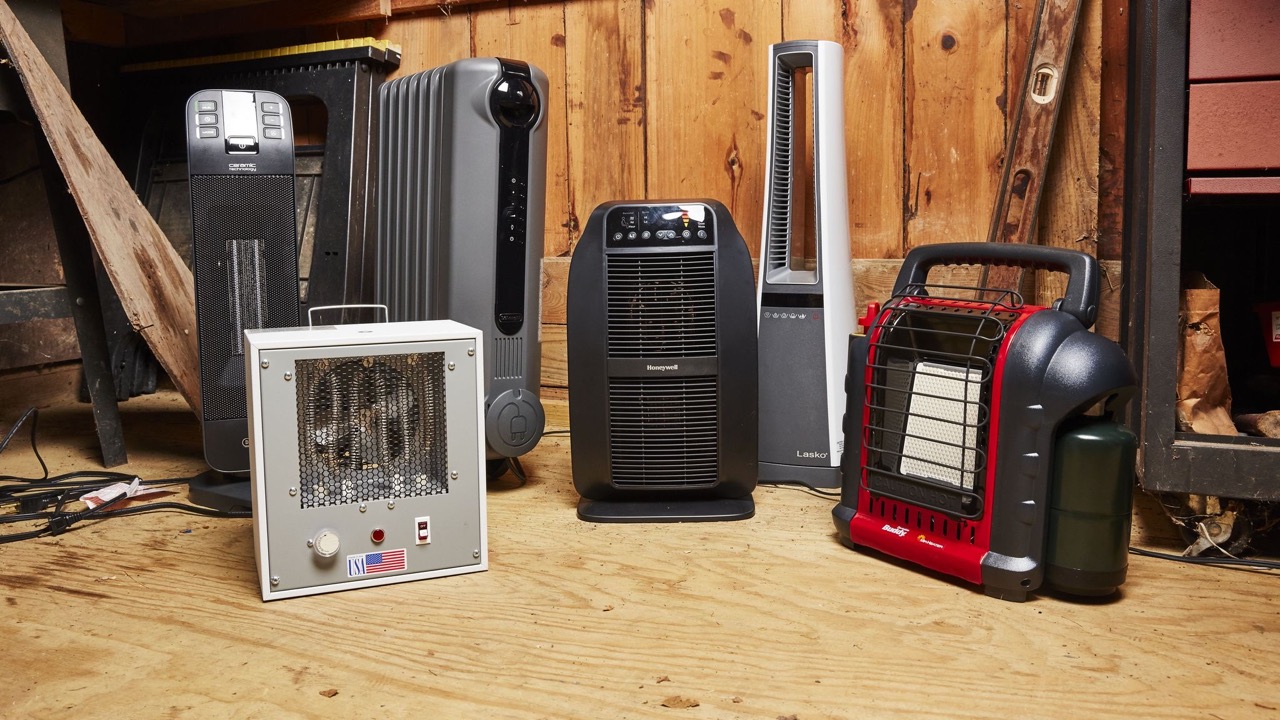
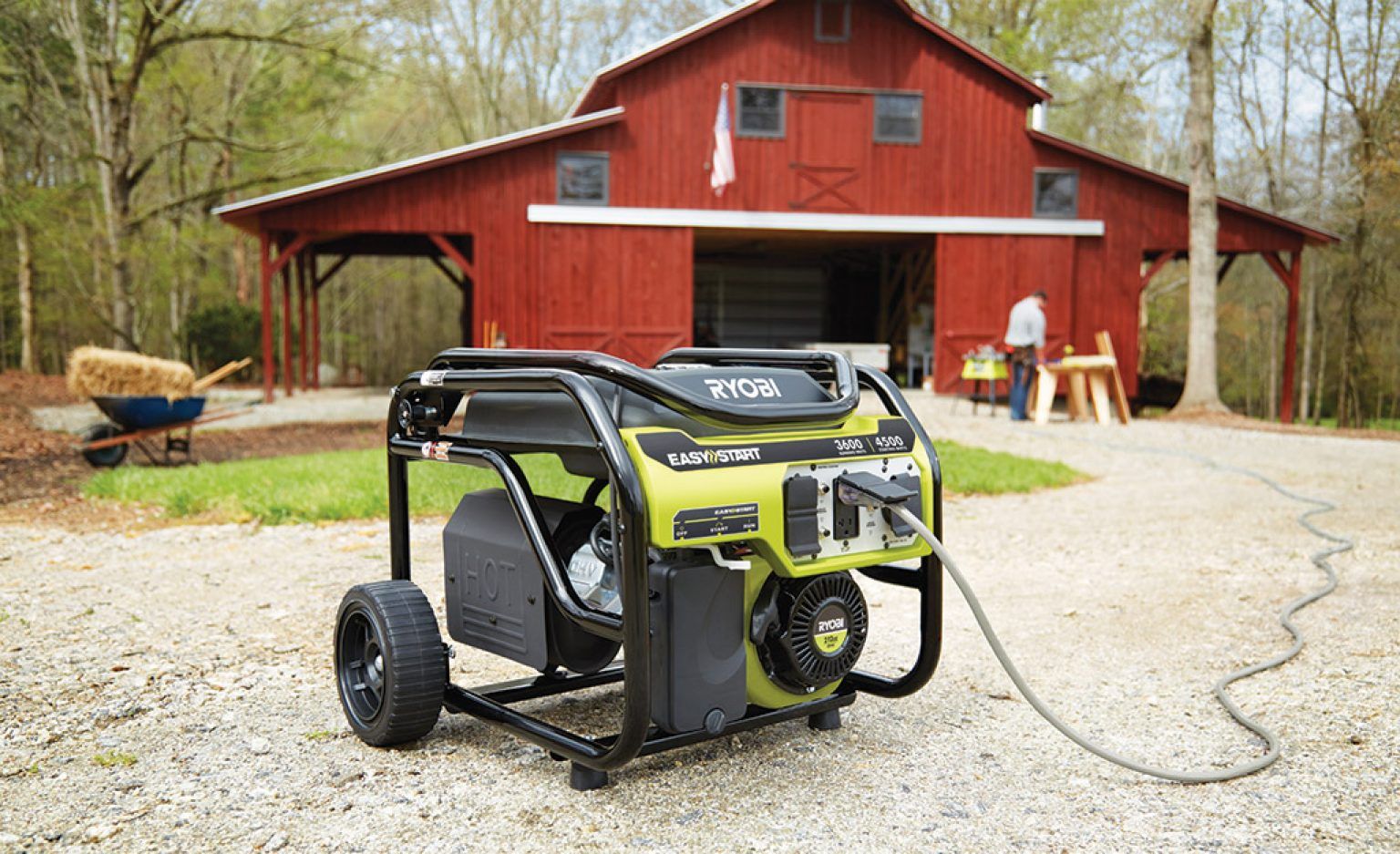
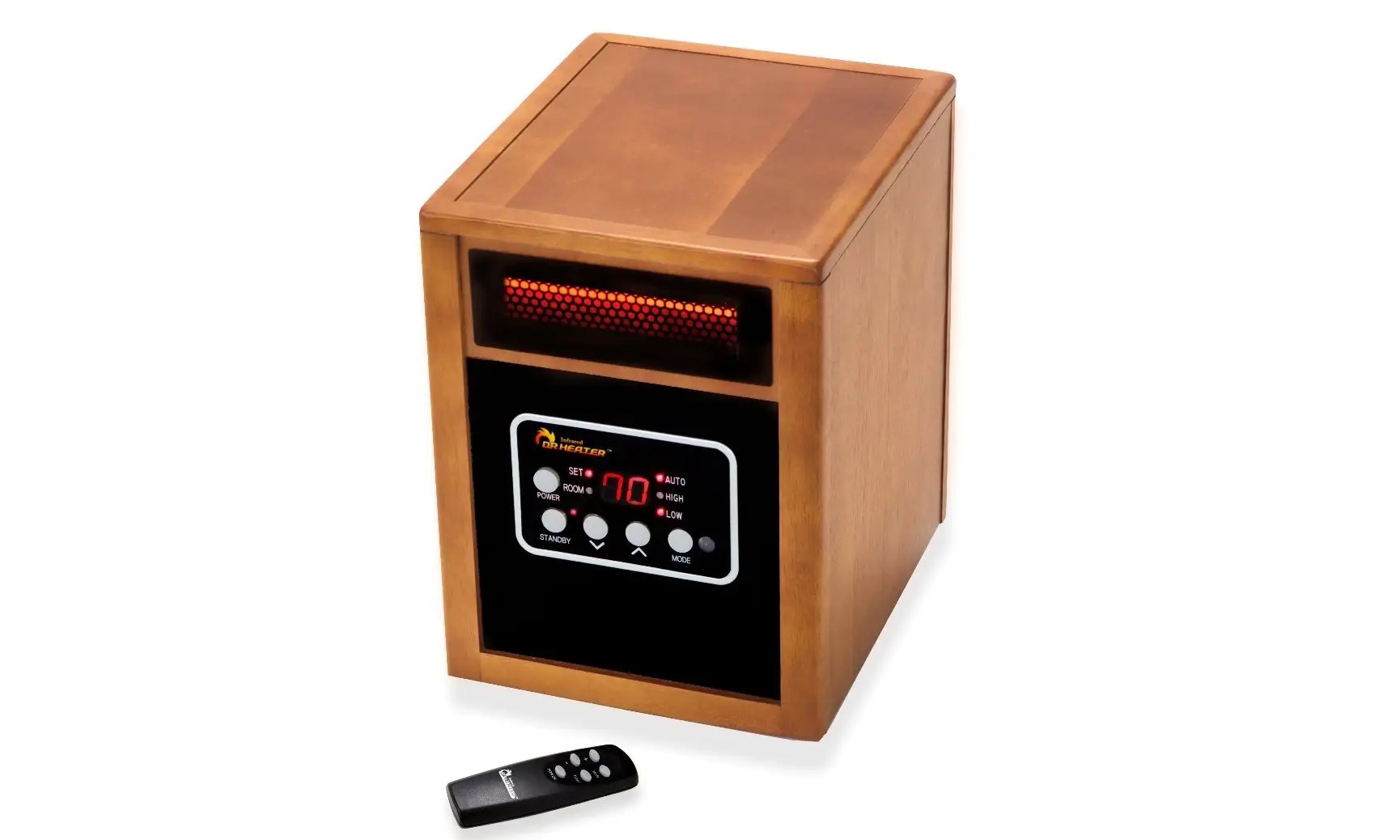
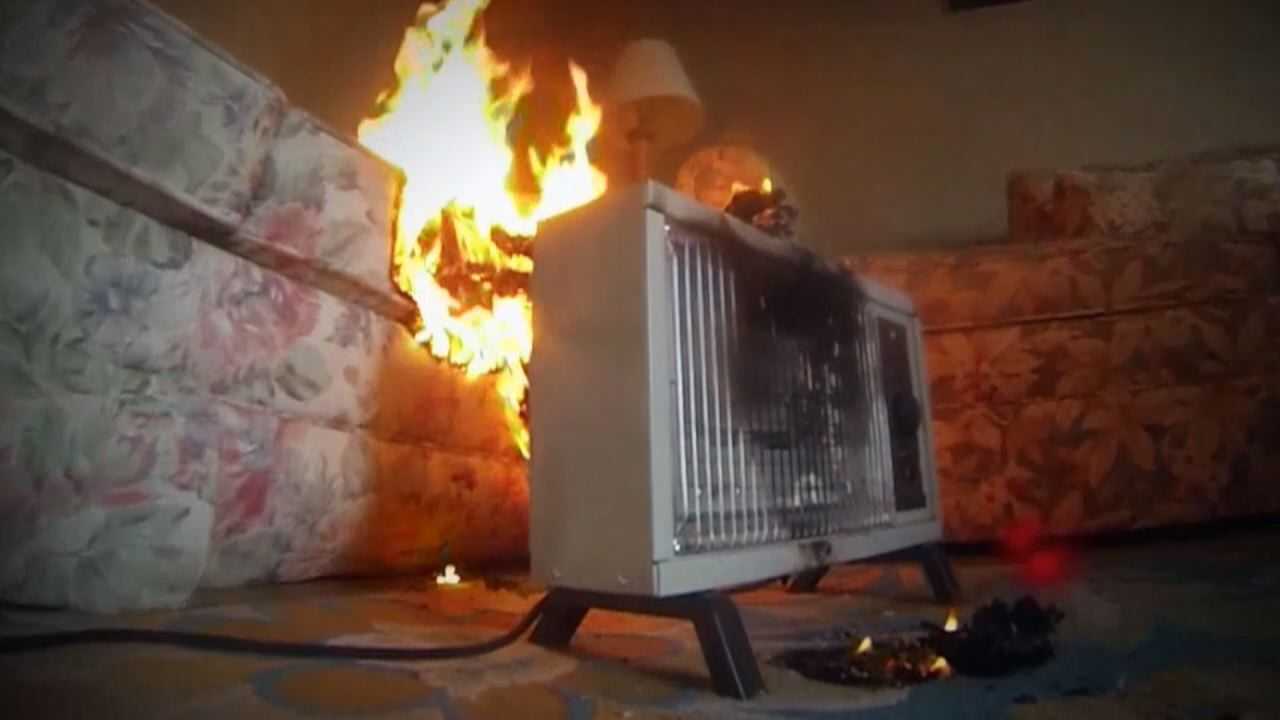


0 thoughts on “What Is A Space Heater?”